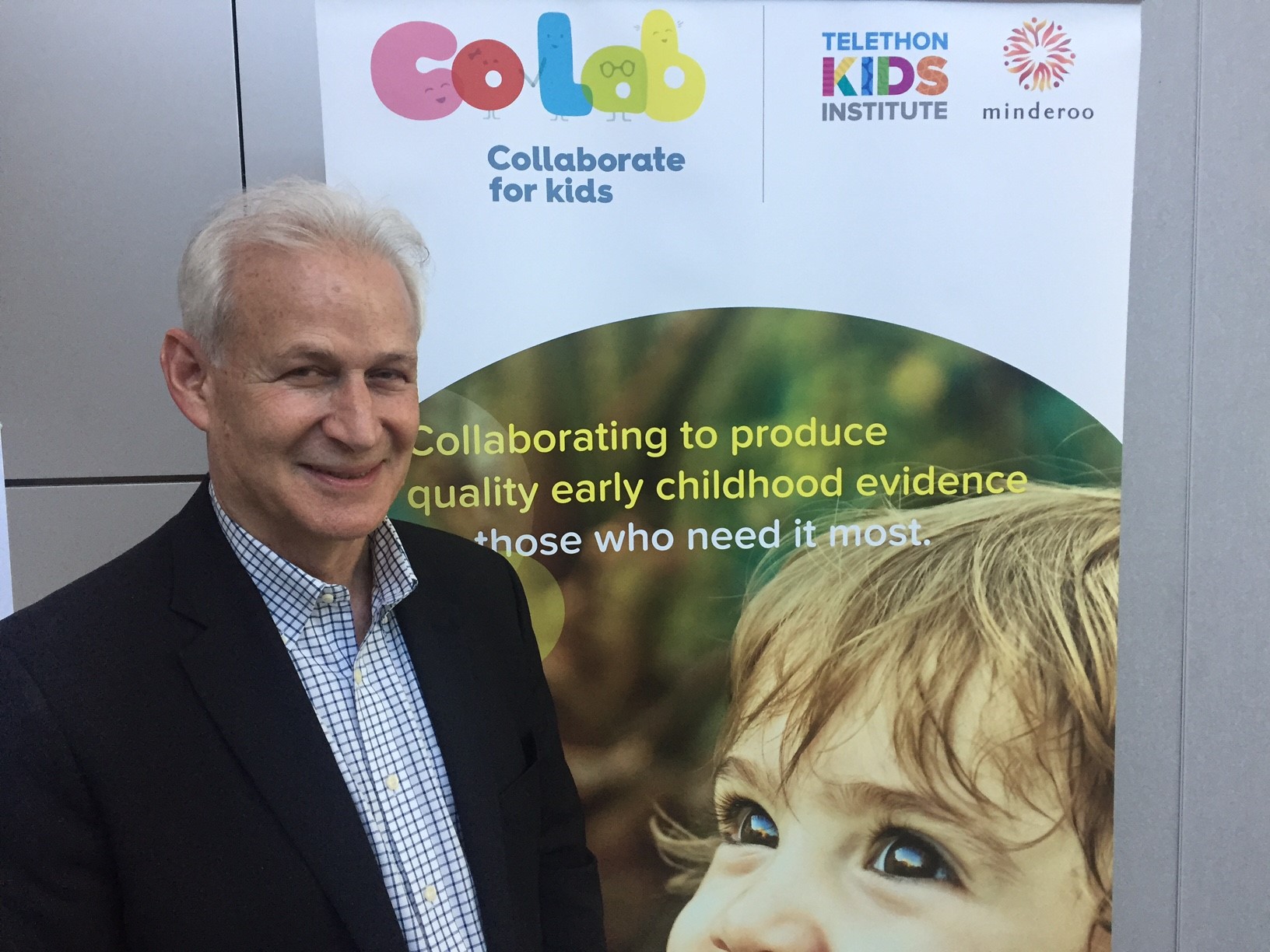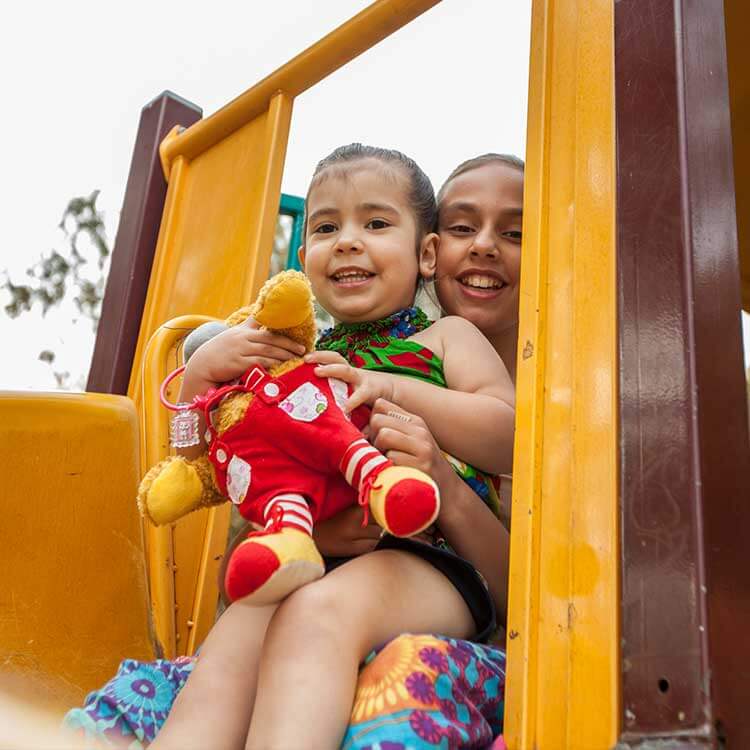Search
Research
The development of a consensus statement for the prescription of powered wheelchair standing devices in Duchenne muscular dystrophyPURPOSE: To develop a consensus statement for the prescription of a Powered Wheelchair Standing Device (PWSD) in young people with Duchenne muscular dystrophy (DMD). MATERIALS AND METHODS: An international multidisciplinary panel comprising clinicians and users (young people with DMD) along with their parents was consulted. A literature review was undertaken and a Delphi method was utilised to generate consensus statements.
Research
Birth outcomes and academic achievement in childhood: A population record linkage studyThis study used population-based record linkage to examine the association between early life risk factors and academic achievement.
Research
Investing in school readiness: A comparison of different early childhood education pathways in rural IndonesiaThis paper documents that children in rural Indonesia participate in a great variety of early childhood education pathways
Research
A population health approach in education to support children's early development: A Critical Interpretive SynthesisThe results from this review indicate that it would indeed be plausible to adapt the population health approach to sites and schools
Research
Patterns of multiple risk exposures for low receptive vocabulary growth 4-8 years in the Longitudinal Study of Australian ChildrenOur results demonstrate a range of multiple risk profiles in a population-representative sample of Australian children and highlight the mix of risk factors faced by children
Research
Review of Universal Access Funded Aboriginal Children with Hearing Impairment Support ProgramIn 2021 the South Australian Department for Education commissioned The Kids Research Institute Australia to undertake a review of the Hearing Impairment Support Program (HISP).

News & Events
First words: identifying risks to language developmentDaniel Christensen, The Kids Research Institute Australia Life Course Centre research fellow, explained there was rapid change in a child’s brain in the first few years of life, making their home environment and relationship with carers incredibly important.

News & Events
International expert to bring together WA leaders to improve outcomes for kidsDr Jack Shonkoff, from Harvard University is visiting Perth this week as a guest of CoLab, Goodstart Early Learning and Child Australia.

News & Events
Australian researchers join international project to curb unhealthy lifetime trajectoriesAustralian researchers join global effort to better understand how events during pregnancy and childhood influence the development of disease later in life.

News & Events
Data reveals important clues about child abuse and neglectResearchers working on the Developmental Pathways Project are determined to find out what makes families vulnerable to child abuse and neglect.
